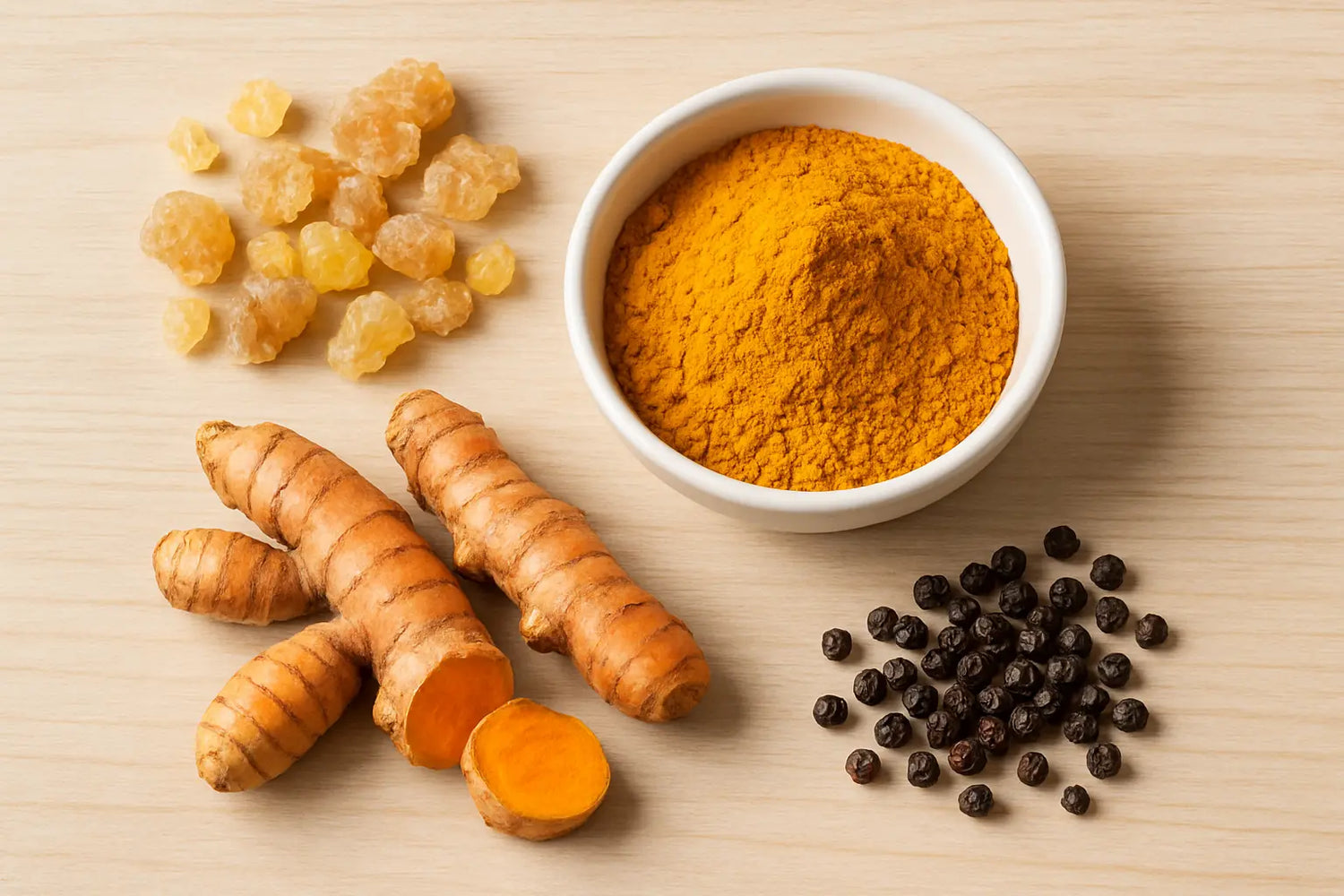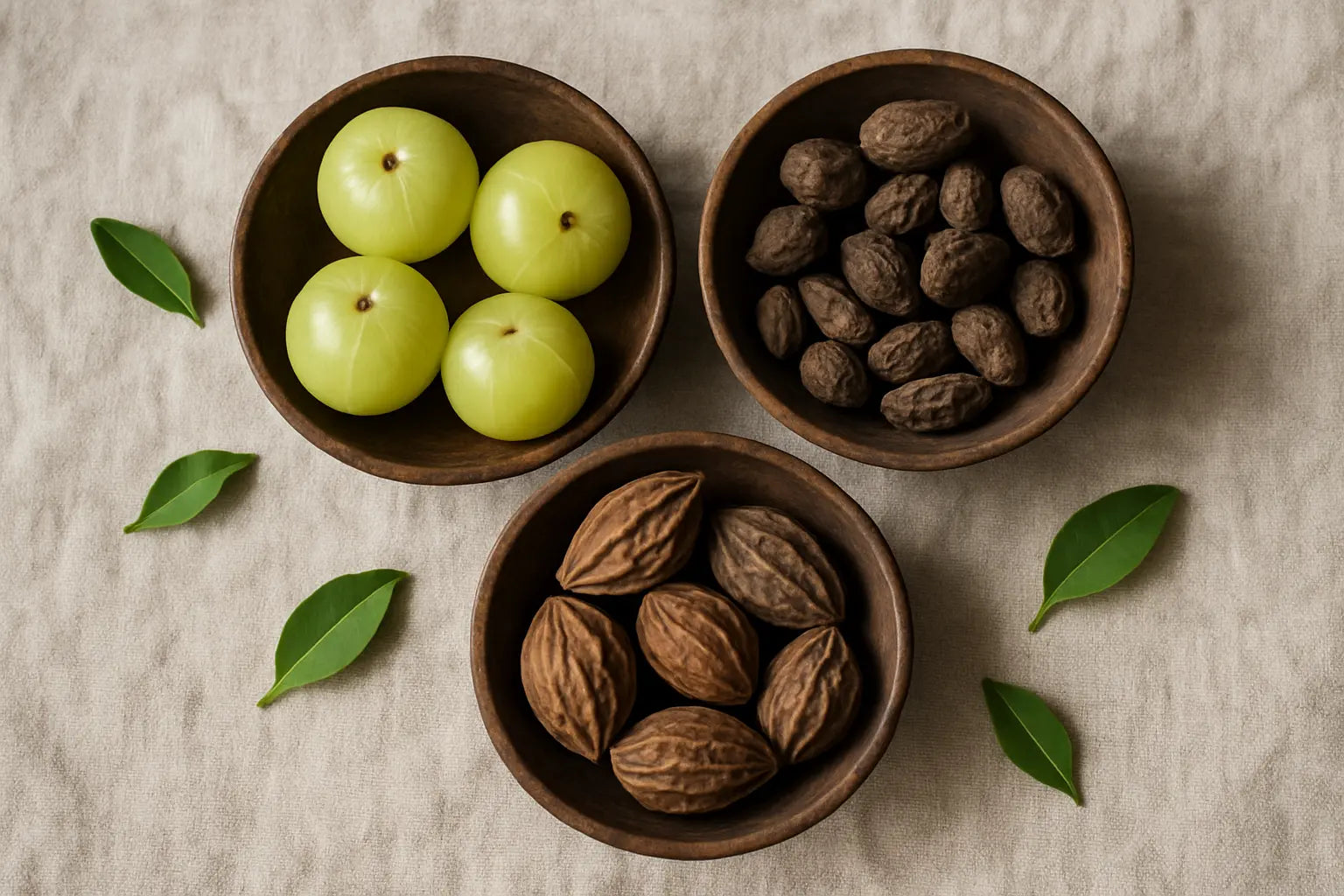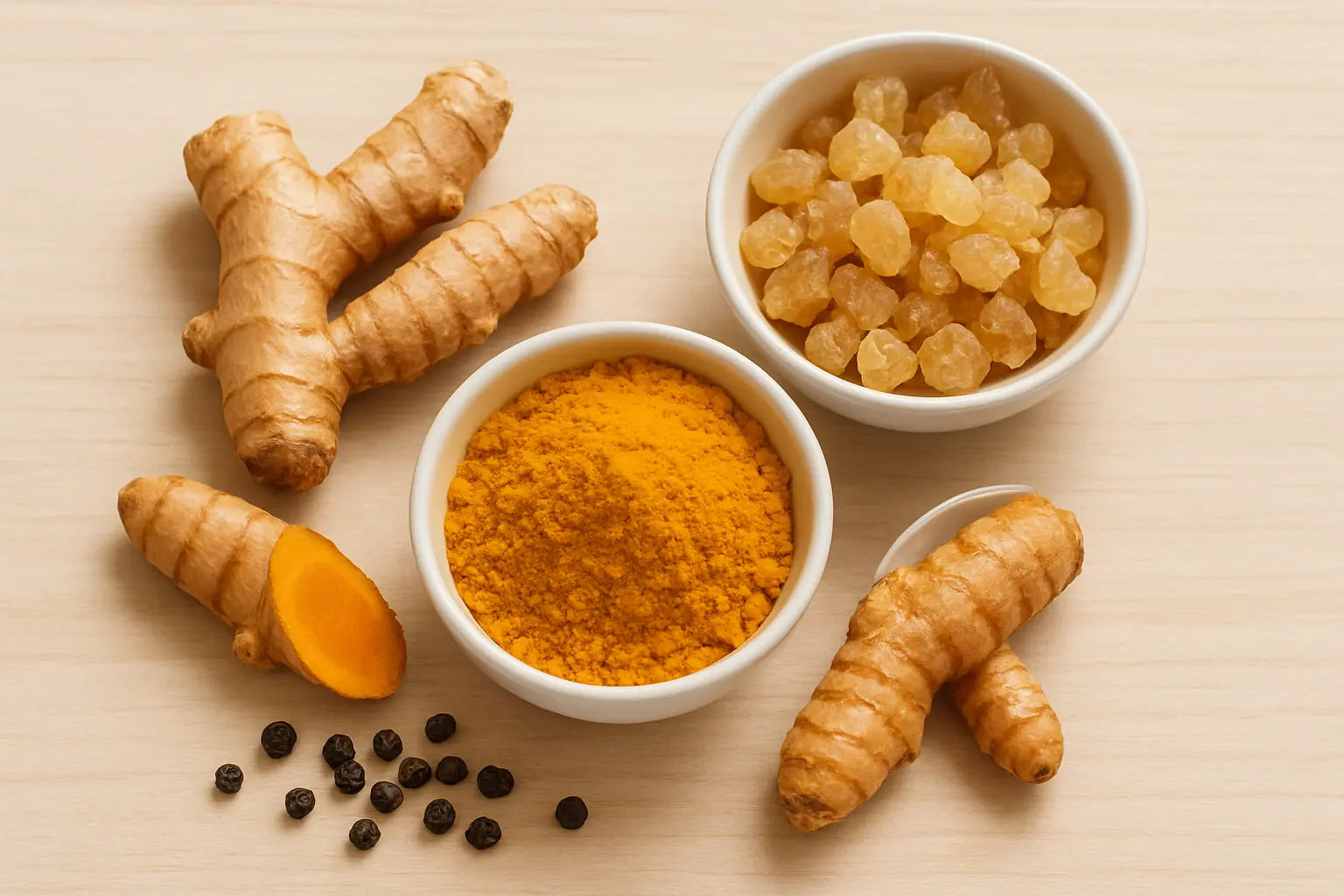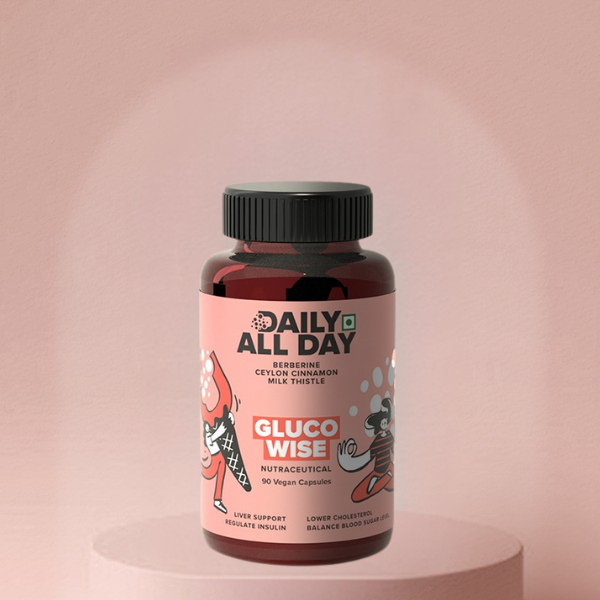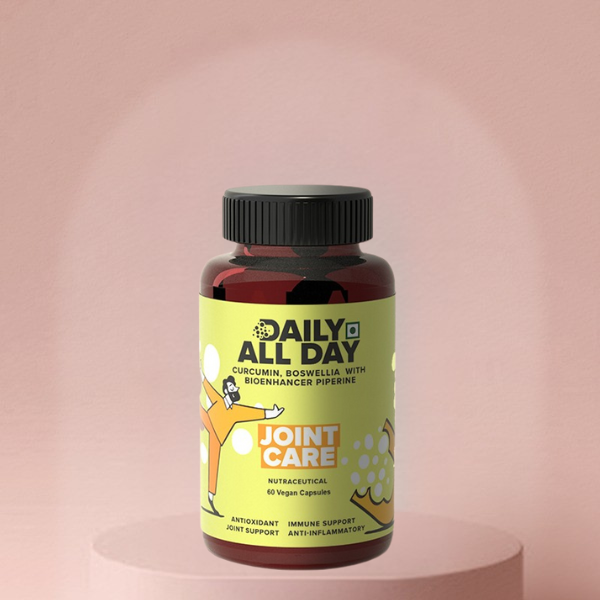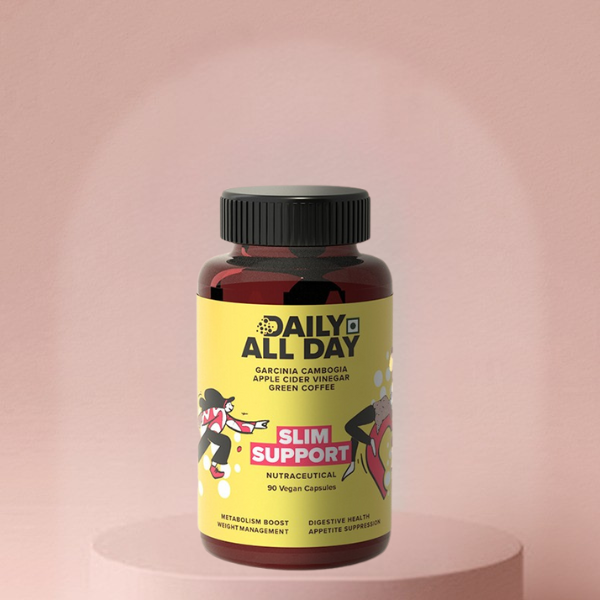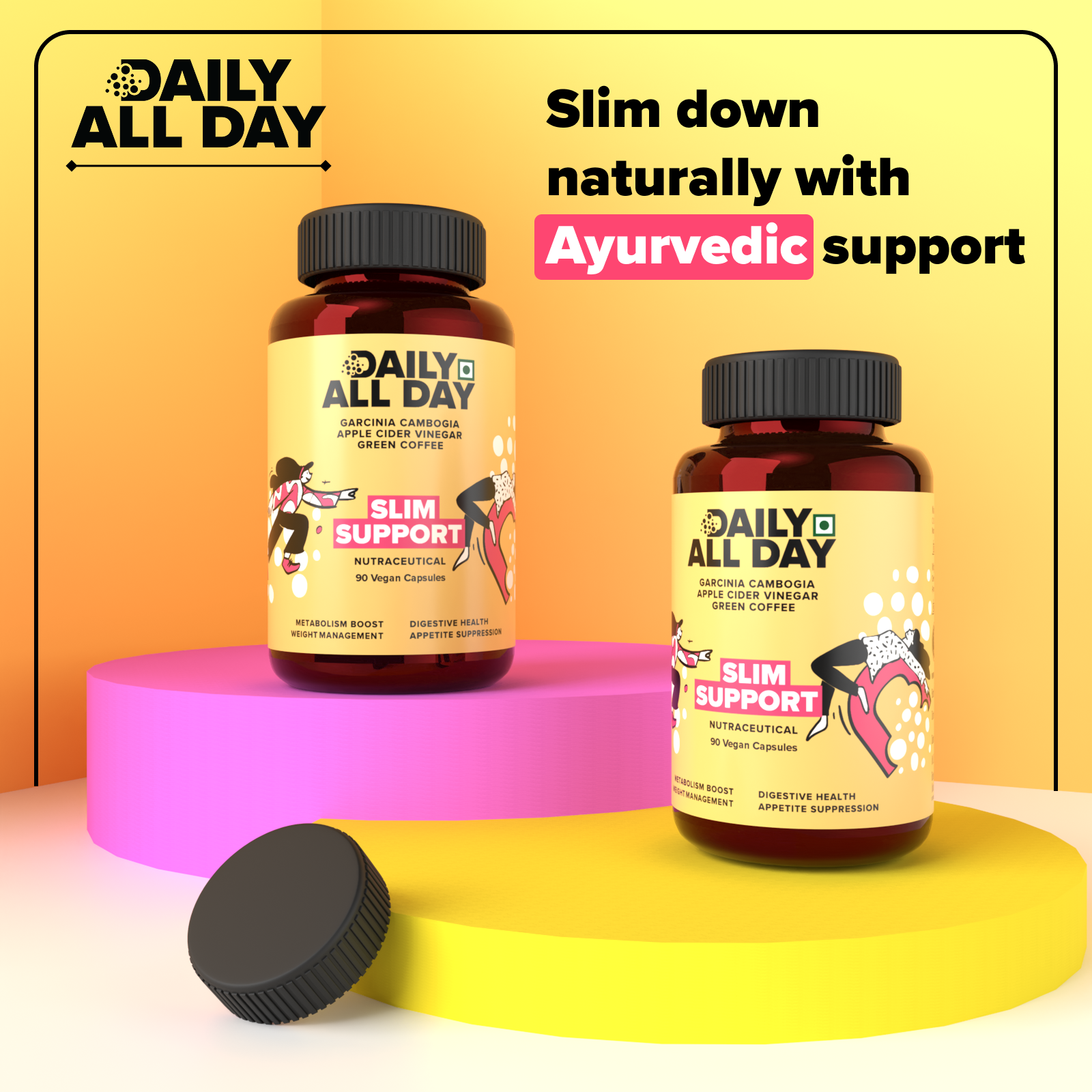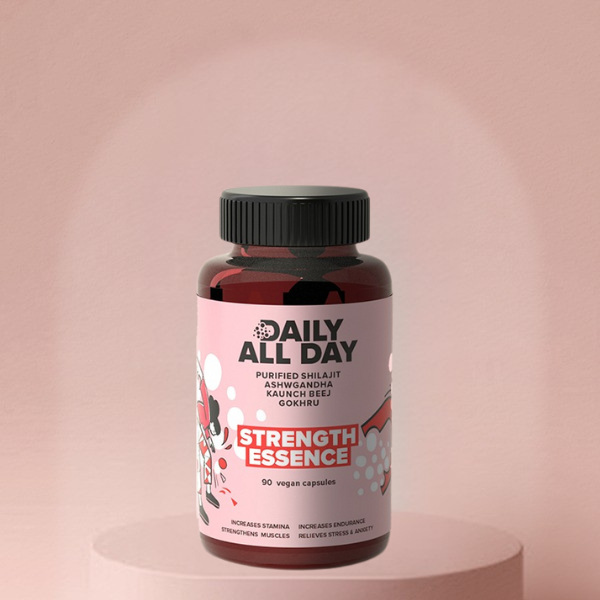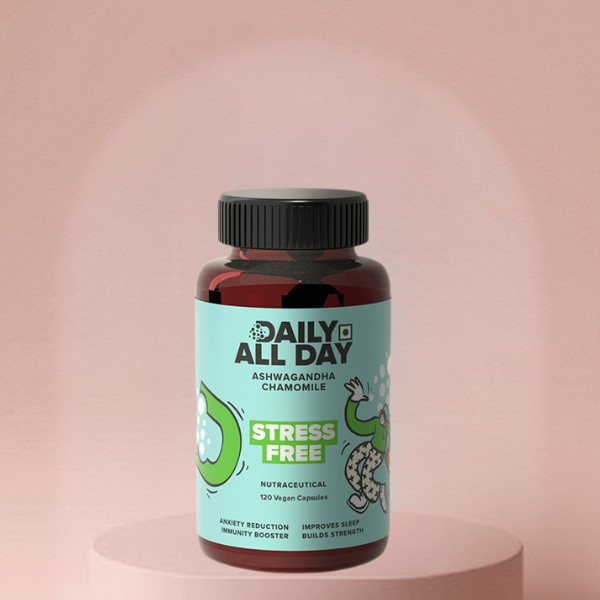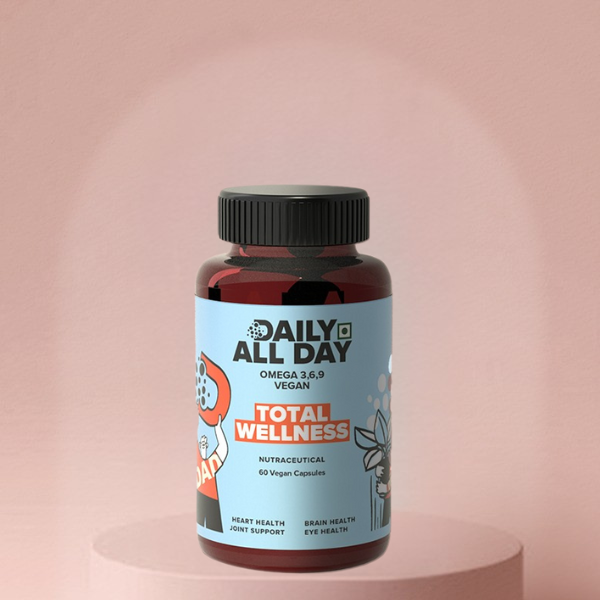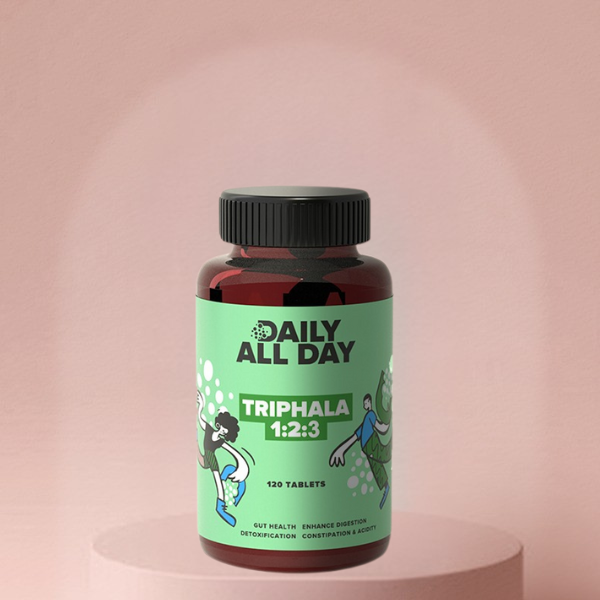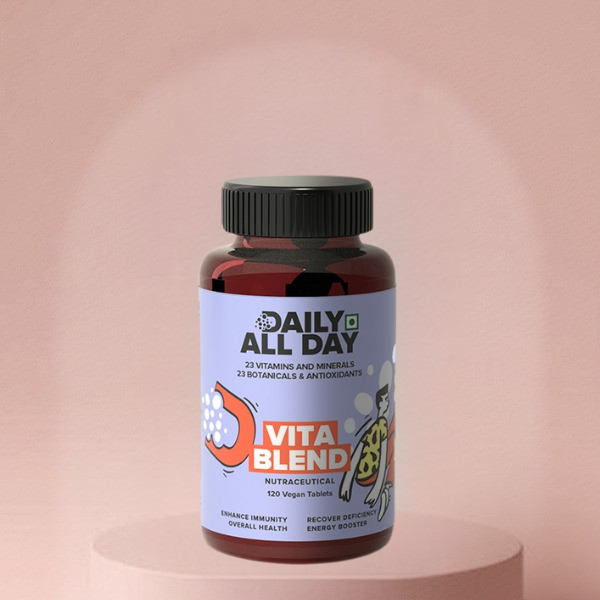Remember that feeling as a kid? The school bell rings, you race home, kick off your clunky shoes, and run out onto the cool, green grass. That sense of freedom, of feeling the earth directly beneath your feet, is something many of us still crave. This desire has sparked a huge trend, with people embracing the barefoot lifestyle. It feels natural, simple, and pure.
But as you stand there, wiggling your toes in the sun, a question pops into your head: Is this actually good for me? We hear conflicting stories. Some swear by it, claiming it cured their back pain, while others warn of hidden dangers lurking on the ground. The debate around going barefoot is more complex than it seems. Let's walk through the pros and cons to uncover the truth about what's best for your feet.
Table of Contents
- The Case for Kicking Off Your Shoes: Potential Benefits
- The Hidden Dangers: Why You Should Think Twice
- What People Are Asking Online: Insights from Quora
- Finding a Balanced Approach to Going Barefoot
- Supporting Your Body From the Inside Out
- Ingredients Deep Dive: The Power Within Our Supplements
- Frequently Asked Questions
The Case for Kicking Off Your Shoes: Potential Benefits
Fans of the barefoot life argue that our feet were designed to work without shoes. They believe modern footwear has made our feet weak and lazy. Here are some of the main arguments for ditching your shoes:
- Stronger Feet: Walking barefoot on varied surfaces, like sand or grass, forces the small muscles in your feet, ankles, and calves to work harder. This can lead to stronger muscles, better balance, and more stable joints.
- Improved Body Awareness: Your feet are packed with nerves that send information to your brain about the ground you're walking on. This is called proprioception. Walking barefoot enhances this connection, helping your body adjust its posture and balance more naturally.
- Potential for Better Foot Mechanics: Some people find that walking barefoot encourages a more natural gait, where they land on the midfoot or forefoot instead of the heel. This can reduce the impact that travels up your legs and into your spine.
- Grounding or 'Earthing': Some believe that direct contact with the earth can have health benefits, like reducing inflammation and improving sleep, though more scientific research is needed on this.
The Hidden Dangers: Why You Should Think Twice
While the benefits sound great, going barefoot isn't always the carefree experience romanticized in movies like the popular barefoot 2014 film. Our modern world is very different from the natural environments our ancestors walked on. Here’s the cautionary side of the story and a look at the barefoot walking risks vs benefits:
- Ouch! Hidden Hazards: The most obvious risk is stepping on something sharp. Glass, nails, sharp rocks, splinters, and even hot pavement can cause painful cuts, puncture wounds, and burns. These injuries can be more than just a nuisance; they can lead to serious infections.
- Infection Intersection: Your bare feet are a direct gateway for bacteria, viruses, and fungi. Walking in public areas like pools, locker rooms, or even your own backyard can expose you to things like plantar warts, athlete's foot, and hookworm (in contaminated soil).
- Structural Stress: Our feet evolved for soft, uneven ground. Today, we spend most of our time on hard, flat surfaces like concrete and tile. Walking barefoot on these surfaces for long periods can put immense strain on your foot's arch, tendons, and ligaments, leading to conditions like plantar fasciitis (severe heel pain) and tendonitis.
- Lack of Shock Absorption: Shoes provide a crucial layer of cushioning. Without it, every step on a hard surface sends a jolt through your feet, ankles, knees, hips, and back. Over time, this can contribute to joint pain and inflammation.
What People Are Asking Online: Insights from Quora
The barefoot debate is a hot topic online. Here are some key concerns and insights shared by users on Quora:
- What dangers do you encounter going barefoot? Users point out the obvious risks like stepping on sharp objects. However, many also mention that being barefoot makes you more aware of your surroundings, which can actually reduce the chance of injury. Still, the risk is never zero, especially in unfamiliar areas. (Source)
- Does walking around barefoot really get you sick? This is a common myth. Getting a cold or flu is caused by viruses, not cold feet. However, as one answer points out, you can get infections from bacteria, fungi, or parasites through cuts or broken skin on your feet. (Source)
- What's to avoid when walking barefoot? The advice is clear: avoid areas with hidden dangers like construction sites, dirty city streets, or places where sharp objects might be present. Always be mindful of where you step. (Source)
- What diseases can you get from walking around barefoot? This is a serious concern. According to users, walking barefoot can transmit fungi (athlete’s foot), bacteria (tetanus risk from a puncture wound), and parasites like hookworm, especially in unclean or tropical environments. (Source)
Finding a Balanced Approach to Going Barefoot
So, how can you get the benefits without the risks? It's all about balance.
- Start Slow: If you're used to wearing shoes all the time, your feet will be sensitive. Begin with just a few minutes a day on safe, soft surfaces like grass, sand, or a clean carpet.
- Choose Your Location Wisely: Your backyard is probably safer than a city sidewalk. Be aware of your environment and avoid high-risk areas.
- Consider a Middle Ground: The market for minimalist footwear is growing. Products like the Frido barefoot sock shoe, Impakto barefoot shoes, or other types of barefoot socks offer a thin layer of protection while still allowing your foot to move naturally. This can be a great compromise.
Supporting Your Body From the Inside Out
Whether you choose to go barefoot or wear shoes, taking care of your body's foundation—your joints and overall health—is crucial. The repeated impact of walking, especially on hard surfaces, can take a toll.
If you're feeling aches in your knees, back, or feet, it could be a sign of inflammation and strain. This is where holistic support comes in. You can protect your body from the inside to better handle the stresses of daily movement.
For joint-related discomfort, a natural supplement like Daily All Day Joint Care can make a huge difference. It's designed to reduce inflammation and support cartilage, helping to ease pain and improve mobility.
Additionally, carrying extra weight puts more pressure on your joints. Managing your weight is one of the best things you can do for your knees and back. Daily All Day Slim Support is formulated with natural ingredients to boost metabolism and suppress appetite, making it a great partner in your weight management journey.
Ingredients Deep Dive: The Power Within Our Supplements
Daily All Day Joint Care: Your Joint's Best Friends
This supplement is formulated with a powerful blend of natural ingredients known for their ability to support joints and reduce pain.
- Turmeric Root Extract (Curcumin): Curcumin is a rockstar anti-inflammatory. It's the active compound in turmeric that helps reduce joint pain and stiffness. To get these benefits, you need a concentrated extract, as regular turmeric powder isn't strong enough. A diet rich in anti-inflammatory foods can also help.
- Boswellia Serrata: This herb, also known as Indian frankincense, is another potent anti-inflammatory. It works by preventing the formation of inflammatory molecules in the body, helping to preserve cartilage and reduce pain.
- Piperine (Black Pepper): Curcumin is amazing, but the body has a hard time absorbing it on its own. Piperine, the active ingredient in black pepper, is a bioenhancer. It dramatically increases the absorption of curcumin, making sure your body gets the full benefit.
Daily All Day Slim Support: A Natural Boost for Your Metabolism
This holistic formula combines Ayurvedic wisdom with modern science to help you manage your weight effectively.
- Garcinia Cambogia: This tropical fruit contains a compound called HCA, which is believed to block an enzyme your body uses to make fat. It may also raise levels of serotonin in the brain, helping to reduce cravings.
- Green Coffee Beans & Green Tea: Both are rich in antioxidants and compounds that can boost your metabolism. They help your body burn more calories and fat for energy.
- Triphala: This traditional Ayurvedic blend of three fruits is a powerhouse for digestive health. It helps detoxify the body and supports regular bowel movements, which is essential for overall wellness and weight management.
- Apple Cider Vinegar (ACV): ACV is known to aid digestion and help you feel full longer, which can prevent overeating.
Frequently Asked Questions
- 1. Is it okay to walk barefoot at home?
- Yes, for most people, walking barefoot at home is perfectly safe and can even be beneficial for foot strength. Just make sure your floors are clean and free of sharp objects. If you have a condition like diabetes or poor circulation, it's best to consult a doctor first.
- 2. Can going barefoot really make you sick?
- You won't catch a cold from having cold feet—that's a myth. However, you can pick up fungal infections like athlete's foot or bacterial infections if you have a cut on your foot and walk on a contaminated surface. The risk is low in clean environments but higher in public places like pools or locker rooms.
- 3. How can I start walking barefoot safely?
- Start slow. Begin with 15-20 minutes a day on a soft, safe surface like your backyard grass or a sandy beach. Pay attention to how your feet and legs feel. Gradually increase the time and try different natural surfaces as your feet get stronger.
- 4. What's the difference between a barefoot shoe and a regular shoe?
- A barefoot shoe is designed to mimic the feeling of being barefoot. It typically has a very thin, flexible sole, a wide toe box to let your toes spread out, and no heel drop (it's completely flat). This allows your foot to move and feel the ground more naturally, unlike a traditional shoe which is often rigid, cushioned, and elevated at the heel.
- 5. Do supplements really help with joint pain from walking?
- High-quality supplements can be very effective. Ingredients like Curcumin and Boswellia Serrata, found in Daily All Day Joint Care, are backed by research for their powerful anti-inflammatory properties. They work by targeting the root cause of much joint pain—inflammation—helping to reduce discomfort and improve mobility over time.

Finding Your Sweet Spot in the Barefoot Debate
So, should you ditch your shoes forever? The answer isn't a simple yes or no. You don’t have to choose one extreme. Walking barefoot has its moments—it can strengthen your feet, improve balance, and connect you with the earth. However, this freedom comes with real risks, from sharp objects and infections to the strain of hard, modern surfaces. The key is to be smart and listen to your body. Start with short periods on safe surfaces like your lawn or a sandy beach. Consider options like a barefoot shoe for protection when you need it.
Ultimately, a holistic approach is best. While you protect your feet on the outside, supporting your body from the inside becomes just as important. If you experience pain in your knees, back, or feet, it could be a sign that your joints are under strain. A supplement like Daily All Day Joint Care, with its powerful curcumin and boswellia blend, can help manage inflammation and reduce the pain. Similarly, maintaining a healthy weight with the help of Daily All Day Slim Support can take significant pressure off your joints. By combining mindful barefoot practices with powerful internal support, you can find a balance that works for you, enjoying the best of both worlds.

